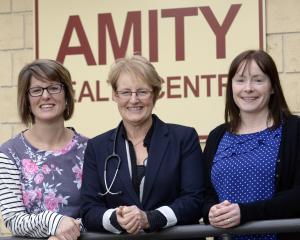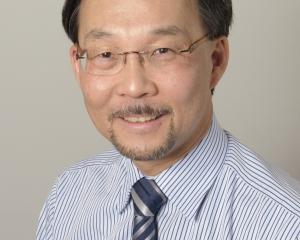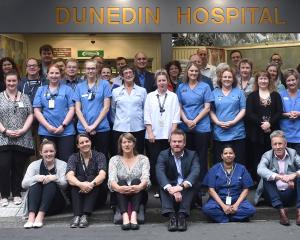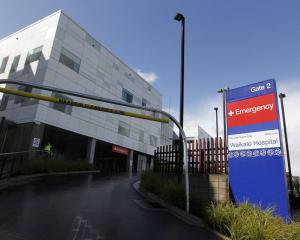Doctors capable of working in intensive care in short-staffed New Zealand hospitals are being shut out because of tough registration requirements for such specialists, Dunedin Hospital's intensive care clinical leader, Mike Hunter, says.
Doctors who may have practised in dual disciplines - intensive care and anaesthesia - for eight or 12 years could not get vocational registration as intensive care specialists without several years more supervision and a final examination.
‘‘It's just absurd,'' Mr Hunter said.
Staffing of the hospital's intensive care unit was ‘‘very hand to mouth . . . we're just hanging on and it's getting pretty wearing''.
Dunedin Hospital has three specialists in the field (one is on leave). Mr Hunter said it should have six. For six weeks last year, the unit had only two specialists.
Mr Hunter yesterday said he knew of three doctors who had left Dunedin Hospital in the past two years, one each from the United Kingdom, the United States and Sweden, because they were unable to meet the requirements in Otago.
While basic training can be provided here, to get fellowship of the Australia and New Zealand
Joint Faculty of Intensive Care Medicine they must be supervised by two doctors who were already fellows - and there are none in Dunedin.
The councils of the Royal Australian College of Physicians and the Australian and New Zealand College of Anaesthetists in 2001 formed the Joint Faculty of Intensive Care Medicine, with responsibility for intensive care training and certification in both countries.
Doctors from outside New Zealand must apply to the New Zealand Medical Council and, if they meet its criteria, their case is forwarded to the joint faculty for assessment of intensive care training, experience and qualifications.
New Zealand Medical Council chief executive Philip Pigou said the final decision on specialist registration applications for people from overseas was made by it, with the joint faculty providing advice. From time to time, it would go against that advice as it considered each individual case.
He suggested Mr Hunter should contact the council with his concerns and he would be happy to look into them.
Mr Hunter said the ‘‘excessive'' training requirements exacerbated the shortage of intensive care specialists. Experienced doctors were treated like second-class citizens, a situation which was ‘‘about protecting private practice in Australia'' rather than meeting the needs of New Zealand.
It was of particular concern for provincial hospitals including Dunedin, Invercargill, Timaru, and Greymouth.
Stand-alone intensive care specialists were needed in big hospitals, but there was a need to go back to training people with two disciplines for smaller hospitals, Mr Hunter said.
Mr Hunter, who is a general surgeon as well as an intensive care specialist, said he had not qualified under the faculty fellowship rules but his vocational registration had gone through because he had a lot of support in New Zealand.











